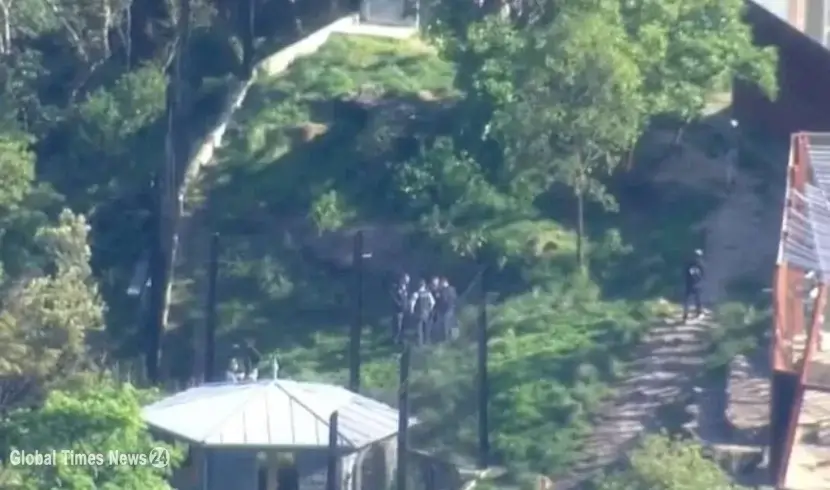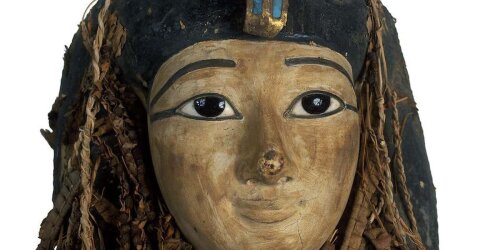Egyptian researchers have discovered the ruins of a temple dedicated to the ancient Greek god Zeus in the Sinai Peninsula.
For Egypt's tourism business, which has been hit hard by the political upheaval that followed the overthrow of longstanding ruler Hosni Mubarak in 2011, this can very well be a good way to attract tourists.
Coronavirus pandemic and, most recently, Russia's invasion of Ukraine have also proven to be severe blows to the sector.
The temple ruins are the most recent in a long line of ancient finds that Egypt has trumpeted in recent years in the hopes of luring more tourists.
According to the Tourism and Antiquities Ministry, the temple ruins were discovered in the Tell el-Farma archaeological site in northwestern.
Tell el-Farma, also known as Pelusium in ancient times, dates from the late Pharaonic period and was also utilised during the Greco-Roman and Byzantine periods. Also among the discoveries were additional relics from the early Christian and Islamic periods.
According to Hisham Hussein, head of Sinai archaeological sites, inscriptions discovered in the area reveal that the temple was rebuilt by Roman Emperor Hadrian (117-138).
Excavations in the area began in the early 1900s when French Egyptologist Jean Clédat discovered ancient Greek inscriptions indicating the existence of the Zeus-Kasios temple, but he did not unearth anything, according to the ministry.
Zeus-Kasios is a combination of Zeus, the God of the Sky in Greek mythology, and Mount Kasios in Syria, where Zeus was previously worshipped.
News ID : 556
 Global Greenhouse Gas Levels Reach Unprecedented Heights, UN Warns of Alarming Trends
World / Breaking News
Global Greenhouse Gas Levels Reach Unprecedented Heights, UN Warns of Alarming Trends
World / Breaking News
 Hajj season; A means for Saudi princes and officials to increase drug trafficking
World / Opinion
Hajj season; A means for Saudi princes and officials to increase drug trafficking
World / Opinion
 Scary morning at Sydney zoo after 5 lions escape enclosure
World / Breaking News
Scary morning at Sydney zoo after 5 lions escape enclosure
World / Breaking News
 Sabotage suspected after leaks in Russian gas pipelines
World / Breaking News
Sabotage suspected after leaks in Russian gas pipelines
World / Breaking News
 What Happens to All the Dead Bodies in Major World Wars
World / Human Rights / Opinion
What Happens to All the Dead Bodies in Major World Wars
World / Human Rights / Opinion
 Despite Biden's vows, Yemen starves
Human Rights
Despite Biden's vows, Yemen starves
Human Rights
 For first time in 3,000 years, Mummy of famous Egyptian pharaoh digitally unwrapped
Technology
For first time in 3,000 years, Mummy of famous Egyptian pharaoh digitally unwrapped
Technology
 In a historic launch, the Webb Telescope blasts off into space
Technology
In a historic launch, the Webb Telescope blasts off into space
Technology
 How the FAA went to war against 5G
Technology
How the FAA went to war against 5G
Technology
 11 strange things that washed ashore in 2021
Technology
11 strange things that washed ashore in 2021
Technology